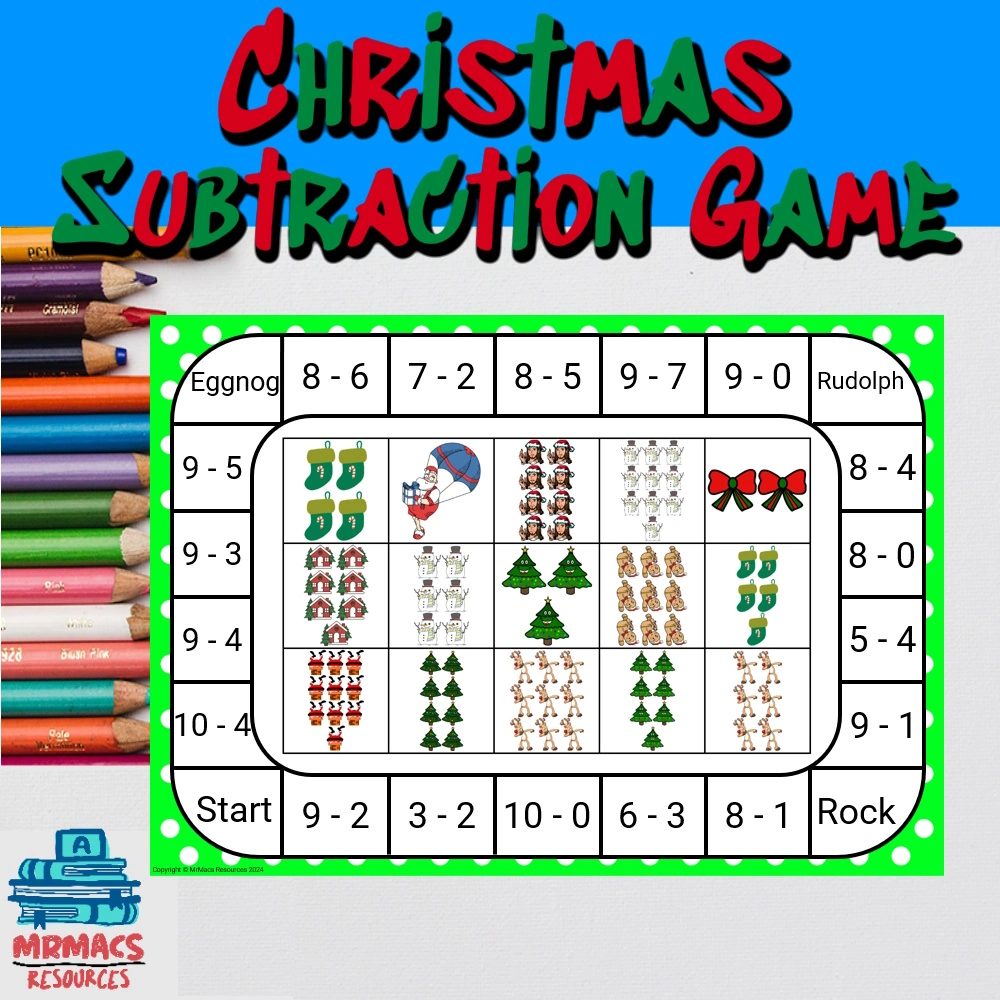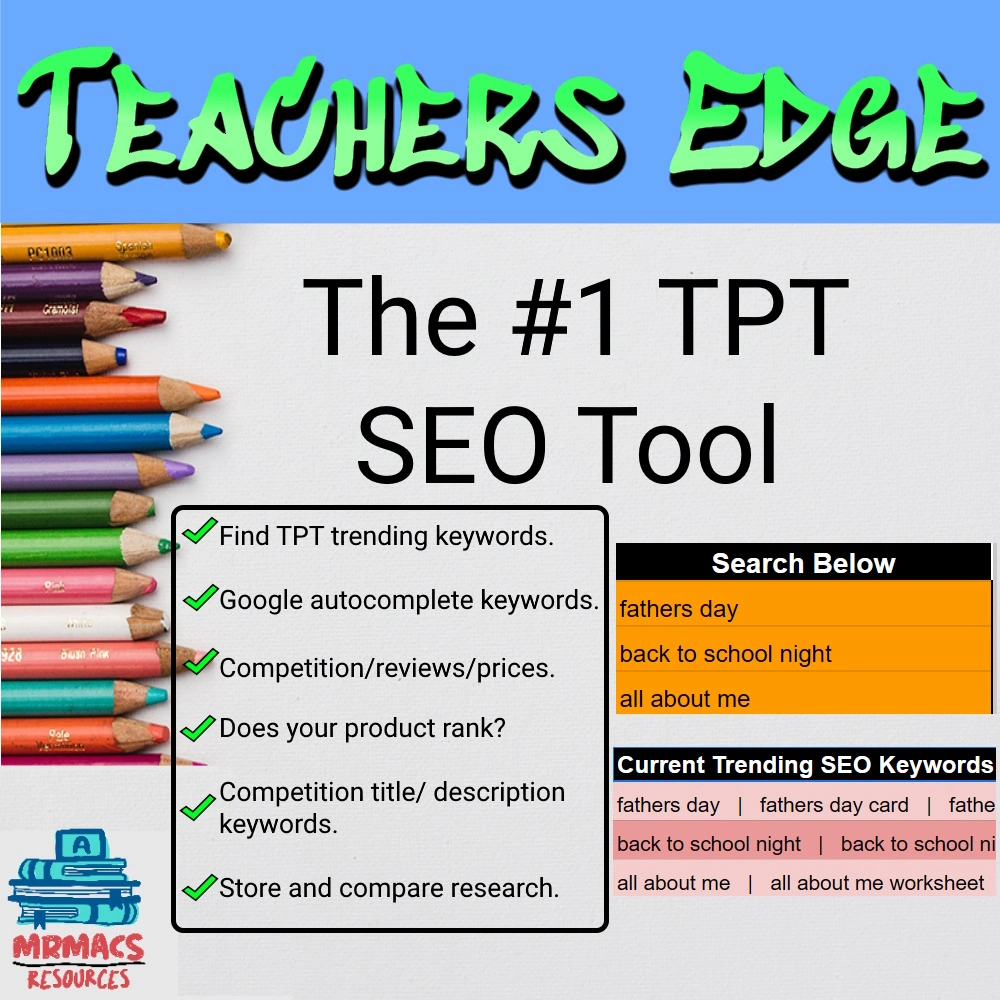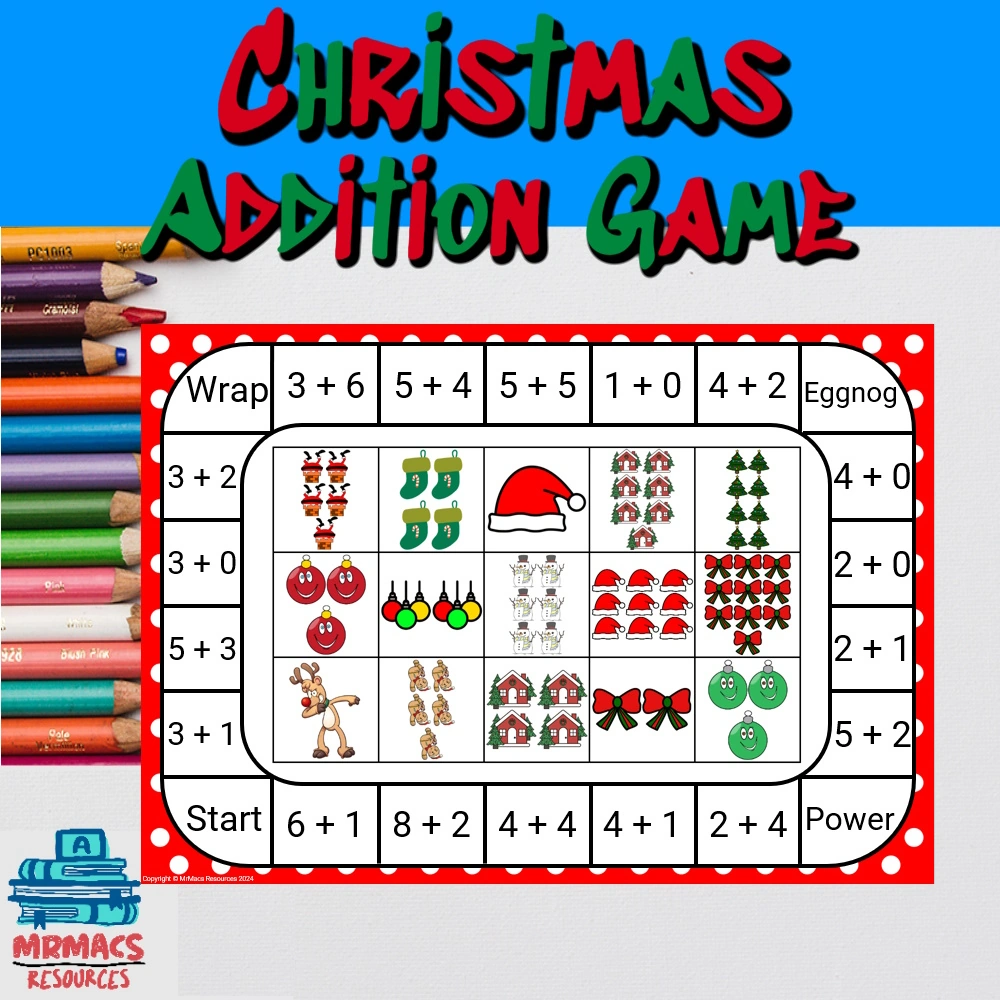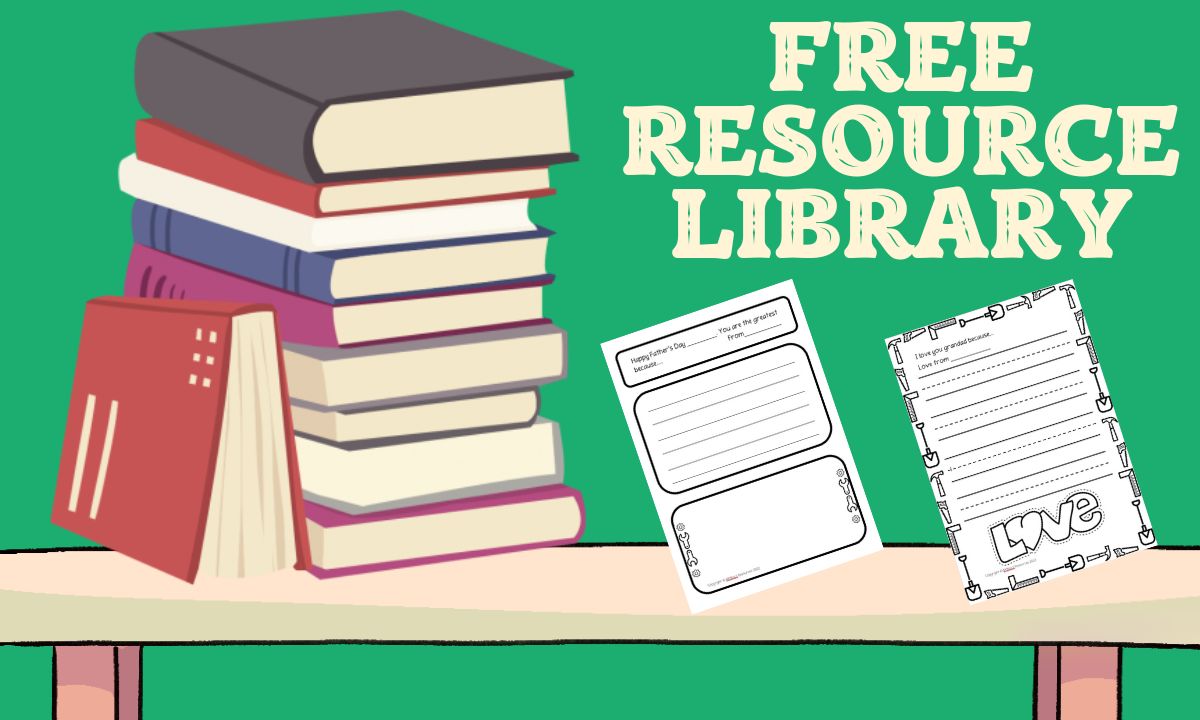
Project-based learning is changing the way students learn. It’s a teaching method that gets kids working on real-world projects. This hands-on approach helps students develop important skills they’ll need in life. Project-based learning boosts critical thinking, teamwork, and problem-solving abilities.
You might wonder how this type of learning benefits your students. For starters, it makes school more engaging. Students get to work on projects they care about, which makes them more excited to learn. Plus, they learn to manage their time and resources better.
Project-based learning also helps students prepare for their future jobs. They learn how to communicate their ideas clearly and work well with others. These are skills that employers value highly. As a result, students who learn this way often feel more confident and ready for life after school.
Core Principles and Methods of Project-Based Learning
Project-based learning (PBL) is a powerful teaching approach that puts students at the centre of their education. It combines deep understanding, practical skills, and research to create a well-rounded learning experience.
In-Depth Understanding and Hands-On Experience
PBL encourages students to dive deep into subjects through real-world projects. They will tackle challenging problems that require critical thinking and creative solutions. This hands-on approach helps them grasp complex ideas more easily.
By working on projects, students will see how classroom concepts apply in real life. This makes learning more meaningful and memorable. For example, they might design a mini robot, plan a community garden, or create a short film.
To add, these projects often span several weeks, allowing students to explore topics thoroughly. They will learn to manage their time and resources effectively, just like in the real world.
Project Based Learning: Catering to Diverse Learning Styles
Project-based learning recognises that everyone learns differently. It offers various ways for students to engage with the material and show what they know.
Visual learners might create diagrams or videos. Hands-on learners can build models or prototypes. Those who prefer writing might produce reports or presentations.
Group projects let students learn from their classmates and share their strengths. They will practice teamwork and communication skills that are vital in many careers.
To conclude, PBL also allows students to pursue their interests within the project framework. This personal connection can boost their motivation and enjoyment of learning.
The Role of Research Skills in Project-Based Learning
Research is a key part of PBL. Your students will learn to find, evaluate, and use information from various sources.
In addition, students will practice asking good questions and searching for answers. This helps them become an independent learner who can tackle new challenges.
What’s more, your students will learn to tell reliable sources from unreliable ones. This is an important skill in today’s information-rich world.
As they research, they’ll discover new ideas and perspectives. This can lead to exciting directions for future projects and deeper understanding of the topic.
In conclusion, PBL helps students build a strong foundation in research skills. These skills will serve them well in future study and work.
Development of Essential Life Skills through Project Based Learning

Project-based learning helps students gain important life skills. It gets them ready for the real world by teaching them how to think, create, and work with others.
Fostering Critical Thinking and Problem-Solving
Firstly, PBL pushes students to think deeply and solve tricky problems. They’ll face challenges that make them use their brain in new ways. For example, they might need to figure out how to build a model city that uses clean energy. This task helps them learn to break big problems into smaller parts.
Moreover, they’ll also get better at looking at issues from different angles. PBL teaches students to ask good questions and find answers on their own. These skills are super useful in school and in future jobs.
Enhancing Creativity and Curiosity
Project-based learning sparks imagination and makes students want to learn more. They get to come up with their own ideas and try them out. This freedom helps students to think outside the box and find new solutions.
For instance, they might design a garden that helps local wildlife. This project lets them be creative while learning about nature. They’ll start to see how subjects like science and art can work together.
PBL also keeps your students excited about learning. They’ll want to dig deeper into topics that interest them.
Building Communication and Teamwork Capabilities
Working on projects with others will help your students become a better team player. They’ll learn how to share their ideas clearly and listen to fellow classmates.
Furthermore, PBL often involves giving presentations or creating videos. This practice makes students more confident when speaking to groups. They will also get better at writing reports and explaining their work.
Teamwork in PBL teaches students how to handle different opinions and solve conflicts. They’ll learn to divide tasks fairly and support teammates.
Project-based learning will give your students skills that last a lifetime. It helps them think better, be more creative, and work well with others. These abilities will help students do well in school, and in their personal life.
Impact of Project-Based Learning on Academic and Personal Growth
Project-based learning has a big impact on students’ growth. It helps them do better in school and gain important life skills. PBL also makes learning more fun and meaningful.
Boosting Academic Achievement and AP Exam Results
PBL can help students get better marks in school. Students who do PBL have a greater chance of scoring higher on their AP exams. This shows that PBL can help students learn tough subjects more easily.
PBL also makes students better at solving problems. They learn to think critically and find answers on their own. These skills are useful in all subject areas.
To conclude, when students do projects, they remember what they learn for longer. This is because they are using the info to solve real problems, not just memorising it.
Cultivating a Sense of Purpose and Real-World Relevance
PBL connects what students learn in class to the real world. They work on projects that matter, not just made-up exercises. This makes learning more meaningful.
When they see how their work affects others, they will feel more motivated. They might create something that helps the community or solves a real problem. This gives them a sense of purpose.
To add, PBL also lets students explore topics they really care about. They can choose projects that interest them. This makes learning more fun and helps them stay focused.
Promoting Self-Confidence and Perseverance
Above all, doing projects helps build their confidence. Students learn to trust their ideas and skills. When they finish a big project, they feel proud of what they’ve achieved.
PBL will teach your students to keep trying even when things get hard. What more, they learn that it’s okay to make mistakes. They find ways to fix problems and improve their work.
Presenting their projects to others will boost your student’s confidence too. They get better at explaining their ideas and answering questions. These are skills they’ll use throughout their life.
Moreover, PBL helps students become more independent. They learn to manage their time and make decisions on their own. These skills will help them in school and in their future job.
Conclusion
In conclusion, Project-Based Learning offers numerous benefits that significantly enhance the educational experience for students. By engaging in hands-on, real-world projects, students develop critical thinking, collaboration, and problem-solving skills that are essential for success in today’s dynamic world. PBL fosters a deeper understanding of subject matter, encourages creativity, and promotes student autonomy, allowing learners to take ownership of their education. Furthermore, this approach cultivates a sense of community and teamwork, as students work together to achieve common goals. Ultimately, the implementation of Project-Based Learning in the classroom not only prepares students for academic success but also equips them with the skills necessary to thrive in their future careers and contribute positively to society.
Tell me below how you have tried PBL in your classroom and how it has gone.
About The Author

Hi! My name is Mr Mac. I am a K – 6 teacher. I love to create resources for teachers to make their teaching lives easier.




I really like it whenever people come together and share
ideas. Great site, keep it up!
Good post! We will be linking to this great
article on our site. Keep up the good writing.